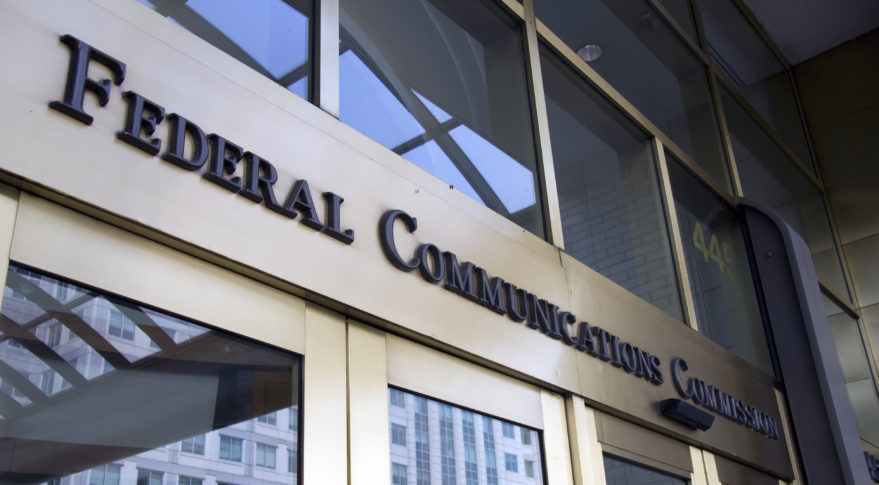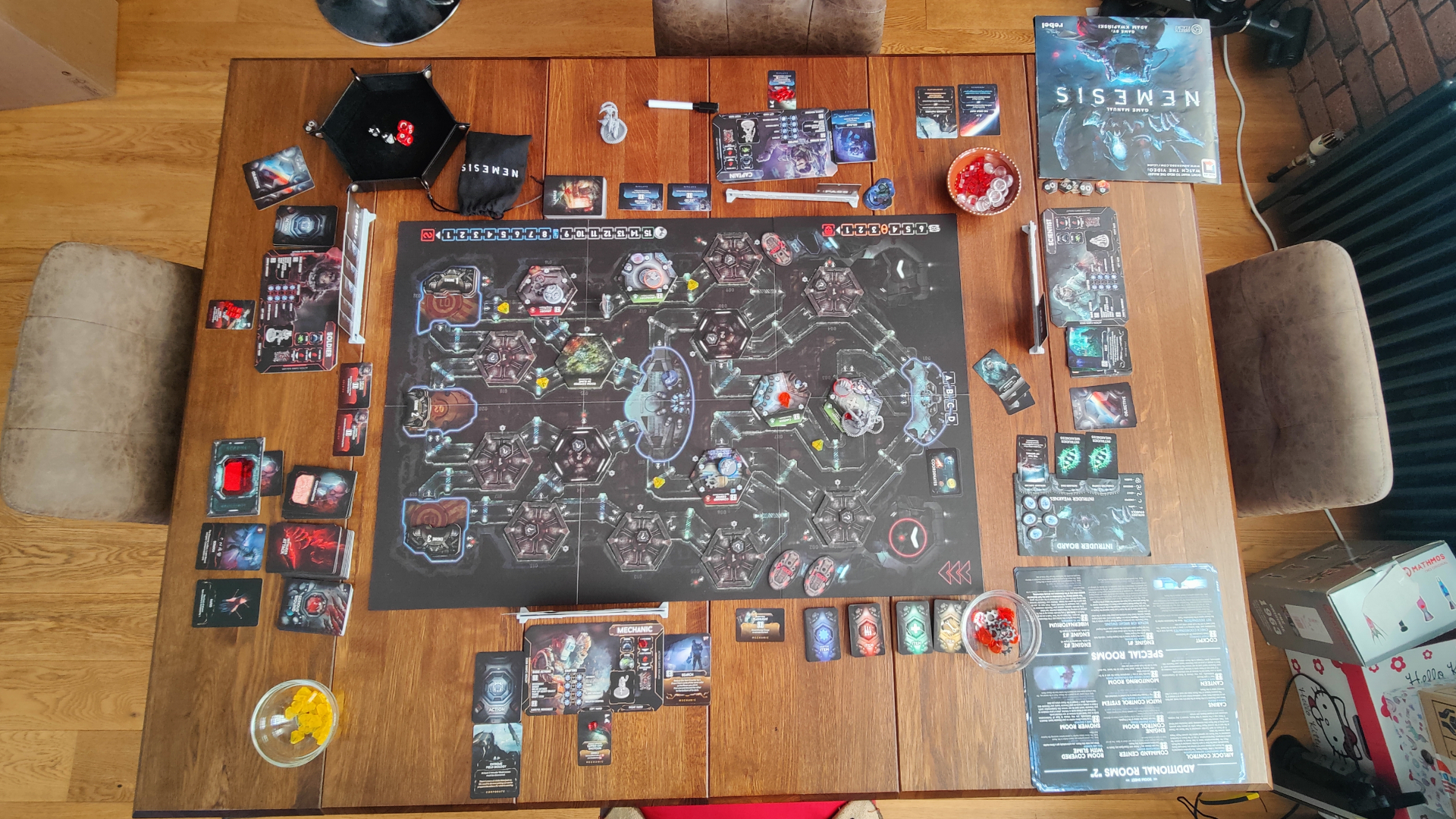FCC Issues Warning in Wake of Swarm's Unauthorized Launch

WASHINGTON — The U.S. Federal Communications Commission on April 12 released an enforcement advisory warning that organizations will be penalized for launching spacecraft without the appropriate regulatory approvals and advised launch providers they should be ready to remove unauthorized spacecraft from their rockets if necessary.
"Failure to comply with FCC requirements can and will result in enforcement action," the document states.
The FCC didn't specify what punishments will be given to companies that forgo licensing. An FCC official told SpaceNews "the enforcement actions might include monetary forfeitures, among other potential actions." He declined to give further details.
The enforcement advisory does not mention Silicon Valley startup Swarm, which in January launched four unauthorized "Spacebee" nanosatellites on an Indian Polar Satellite Launch Vehicle, but the advisory is a clear response meant to dissuade similar intentional and unintentional behavior.
Swarm applied for an FCC license, but was denied on concerns that its spacecraft, being "smaller than 10 cm in one of their three dimensions," couldn't be reliably tracked by the Air Force's Space Surveillance Network. [In Photos: India's PSLV rocket Launches Cartosat-2 Satellite & 30 More!]
Swarms renegade decision to launch anyway sent chills through the satellite industry, many fearing backlash in the form of tighter regulations.
That hasn't happened, at least not yet. The FCC's Enforcement Bureau says advisories "are designed to educate businesses about and alert consumers to what's required by FCC rules, the purpose of those rules and why they're important to consumers, as well as the consequences of failures to comply."
Breaking space news, the latest updates on rocket launches, skywatching events and more!
"In the case of Swarm they knew they had to apply because they filed for an application," Brian Weeden, technical adviser for the Secure World Foundation, told SpaceNews. But others might be genuinely unaware. Discussions with university cubesat builders who often are more interested in the engineering experience than anything else show they are sometimes oblivious to U.S. licensing requirements, he said. "You can see how this can happen," Weeden said.
Should an unlicensed spacecraft end up on a rocket, the FCC encouraged launch providers to be the gatekeepers.
"Launch service providers should be aware that a satellite integrated into a launch vehicle or deployment device without a current FCC authorization may need to be removed from that vehicle or deployment device," the FCC said, adding that the removal "may cause disruptions to launch operations and has the potential to impact other packages on the launch vehicle, whether primary or secondary."
Spaceflight Industries, the company that manifested Swarm's Spacebees on the Indian Space Research Organisation's PSLV rocket, said last month it will exercise greater vigilance to ensure customers have the appropriate licenses from the FCC or other agencies. "There's room for improvement on our side," Curt Blake, Spaceflight's president, said at the Satellite 2018 conference. "We did a lot already, but obviously we found something that wasn't perfect, so we'll fix it."
The FCC warned that launch providers "should exercise particular caution" if satellite operators try to affirm their launch readiness by making late-stage changes to get around U.S. licensing requirements, such as seeking alternative approvals from other governments.
"While it is common for satellite operators to consider alternative regulatory jurisdictions at early stages of a project, a search for an alternative regulatory home during later stages of launch preparations can be the result of significant underlying regulatory issues that may not be resolved favorably prior to the scheduled launch," the FCC said.
This story was provided by SpaceNews, dedicated to covering all aspects of the space industry.
Caleb Henry is a senior analyst for Quilty Analytics and a former staff writer for the space industry publication SpaceNews. From 2016 to 2020, Caleb covered the global satellite industry for SpaceNews, chronicling everything from launches, spacecraft manufacturing and ground infrastructure. Caleb's work has also appeared in NewSpace Global and Access Intelligence. He earned a bachelor's degree in political science with a minor in astronomy from Grove City College.

